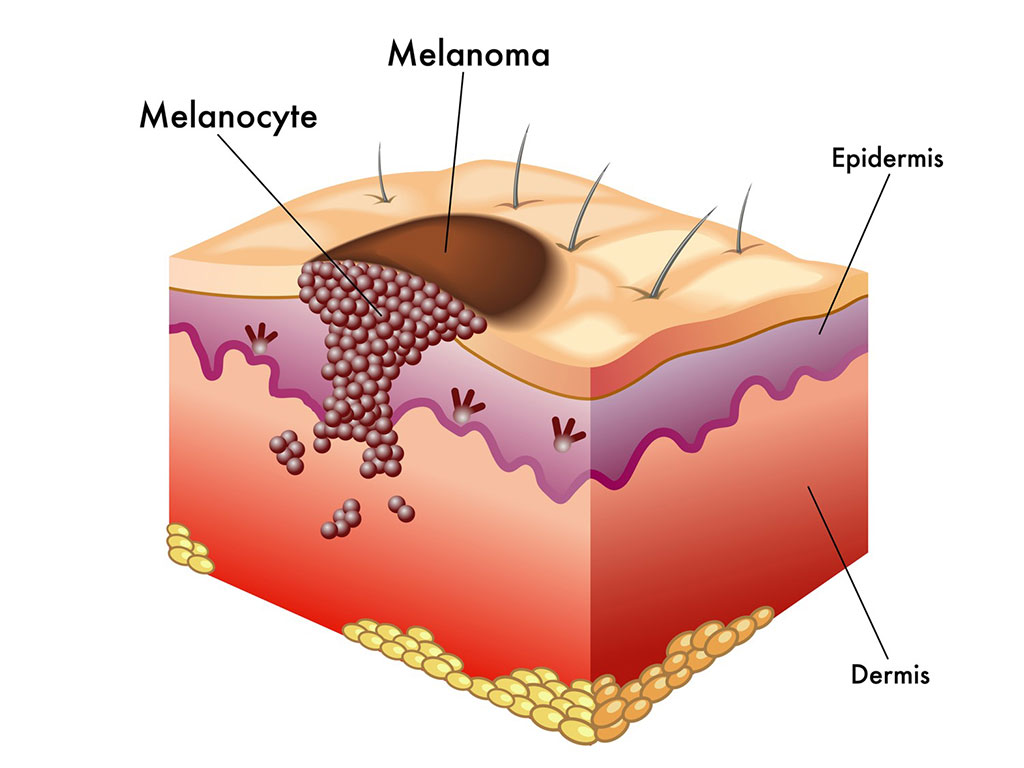Novel Biomarkers Predict Response of Melanoma Patients to Immunotherapy
Posted on 28 Feb 2022
A recent paper described a way to use blood bioenergetics and metabolomics as predictive biomarkers to determine melanoma patients’ response to immune checkpoint inhibitor therapy.
As only a subset of melanoma patients respond to immunotherapy with checkpoint inhibitors (ICI), predictive biomarkers are critically needed to guide treatment decisions and develop approaches to the treatment of therapeutic resistance.

To search for such biomarkers, investigators at Wake Forest School of Medicine (Winston-Salem, NC, USA) compared bioenergetics of circulating immune cells and metabolomic profiles of plasma obtained from patients with melanoma before and after treatment with anti–PD-1 therapy. They also performed single-cell RNA sequencing (scRNAseq) to correlate transcriptional changes associated with metabolic differences observed in peripheral blood mononuclear cells (PBMC) and patient plasma. In addition, they analyzed blood samples of two patient groups before treatment, both with stage III and IV melanoma. One group of patients responded to ICI treatment and had a complete or partial response, while the other group did not respond to ICI treatment and had disease progression.
Result revealed that circulating immune cells of patients who responded to ICI treatment had an increased extracellular acidification rate, a measure of glucose metabolism. Also, there were changes evident in mitochondrial shape and structure that were linked to the response to treatment. Furthermore, the investigators identified a common metabolic signature – increased lactate to pyruvate levels and upregulation of the solute carrier family 2 member 14 (SLC2A14) gene – that distinguished responders and non-responders. The value of the metabolic signature was demonstrated by flow cytometry analysis, which confirmed significantly elevated cell surface expression of the SLC2A14 gene in CD3+, CD8+, and CD4+ circulating cell populations in responder patients.
“When immunotherapy works, it can be very successful and improve overall survival. About 20% to 40% of patients will respond,” said senior author Dr. David R. Soto-Pantoja, associate professor of surgery and cancer biology at Wake Forest School of Medicine. “But predictive biomarkers are urgently needed to guide treatment decisions and to develop new approaches to therapeutic resistance. We found functional and molecular metabolic biomarkers, which are associated with ICI response, can be detected in blood before treatment. Our study shows new insight in the treatment of melanoma that can be extended to other cancer types. These biomarkers can potentially lead to personalized treatment strategies to improve overall survival.”
The study was published in the February 17, 2022 online edition of the journal Clinical Cancer Research.
Related Links:
Wake Forest School of Medicine













